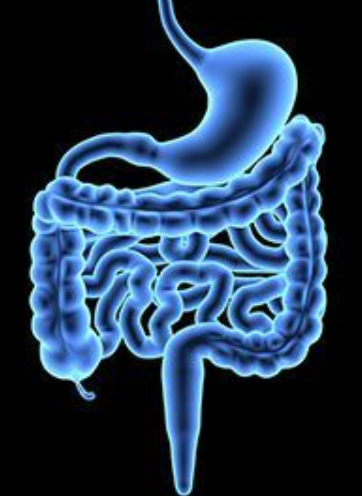Nivolumab Combo Improves PFS Vs Chemo in MSI-H/dMMR Metastatic CRC
The safety profile of nivolumab plus ipilimumab in the phase 3 CheckMate 8HW trial is comparable with prior reports of each individual agent.
Investigators plan to share results from the CheckMate 8HW trial at a future medical meeting and discuss their findings with regulatory health authorities.

Combining nivolumab (Opdivo) with ipilimumab (Yervoy) achieved a statistically significant and clinically meaningful improvement in progression-free survival (PFS) compared with chemotherapy among patients with microsatellite instability–high (MSI-H) or mismatch repair deficient (dMMR) metastatic colorectal cancer (CRC), according to a press release on pre-specified interim analysis findings from the phase 3 CheckMate 8HW trial (NCT04008030).1
The experimental regimen’s PFS benefit, as determined via blinded independent central review(BICR), reached the dual first dual primary end point of the trial. Additionally, nivolumab plus ipilimumab demonstrated a safety profile that was comparable with previous reports of each individual agent. Overall, investigators observed no new safety signals.
Investigators plan to share results from the CheckMate 8HW trial at a future medical meeting and discuss their findings with regulatory health authorities.
“The benefits of [nivolumab] plus [ipilimumab] in MSI-H/dMMR [metastatic] CRC were established previously in CheckMate 142 [NCT02060188], in which the dual immunotherapy combination demonstrated strong and durable anti-tumor activity among patients who had progressed after prior fluoropyrimidine-based combination chemotherapy,” Dana Walker, MD, MSCE., vice president and global program lead of gastrointestinal and genitourinary cancers at Bristol Myers Squibb, said in the press release. “Now, with these positive results from CheckMate 8HW, we have randomized data showing [nivolumab] plus [ipilimumab] significantly improved PFS in the first-line setting for patients with MSI-H/dMMR [metastatic] CRC. These results further support the benefits of dual PD-1 and CTLA-4 inhibition, and demonstrate our continued commitment to pursue combination strategies that may help improve outcomes for patients with high unmet need.”
In the open-label phase 3 CheckMate 8HW trial, approximately 830 patients were randomly assigned to receive nivolumab at 240 mg every 2 weeks for 6 weeks followed by 480 mg every 4 weeks plus ipilimumab at 1 mg/kg every 3 weeks for 4 weeks or investigator’s choice of chemotherapy.
The study’s other dual primary end point was PFS in those who received nivolumab plus ipilimumab compared with patients who received ipilimumab monotherapy across all treatment settings. Secondary end points included overall response rate (ORR) and overall survival.
Patients 18 years and older with histologically confirmed recurrent or metastatic CRC, regardless of prior treatment with chemotherapy and targeted agents not amenable to surgery, were able to enroll on the trial. Other eligibility criteria included having known MSI-H or dMMR status based on local practice standards and an ECOG performance status of 0 or 1.
Those with an active, known, or suspected autoimmune disease or history of interstitial lung disease or pneumonitis were not able to enroll on the trial. Having history of human immunodeficiency virus or known immunodeficiency syndrome was also grounds for exclusion from the trial.
Previously published data from the phase 2 CheckMate 142 study highlighted an ORR of 69% (95% CI, 53%-82%) per investigator assessment and a disease control rate of 62% (95% CI, 46.5%-76.2%) 84% (95% CI, 70.5% to 93.5%) per blinded independent central reviewinvestigator assessment in patients with MSI-H/dMMR metastatic CRC who were treated with nivolumab plus ipilimumab.2 Any-grade treatment-related adverse effects leading to treatment discontinuation affected 13% of the study population.
References
- Bristol Myers Squibb announces phase 3 CheckMate -8HW trial evaluating Opdivo (nivolumab) plus Yervoy (ipilimumab) compared to chemotherapy in microsatellite instability–high or mismatch repair deficient metastatic colorectal cancer meets primary.... News release. Bristol Myers Squibb. December 7, 2023. Accessed December 7, 2023. https://bit.ly/3R8vNyt
- Lenz H, Cutsem EV, Limon ML, et al. First-line nivolumab plus low-dose ipilimumab for microsatellite instability-high/mismatch repair-deficient metastatic colorectal cancer: the phase II CheckMate 142 study. J Clin Oncol. 2021;40(2):161-170. doi:10.1200/JCO.21.01015